There are a lot of anti-inflammatory foods that we can eat in our daily life. And they happen to reduce inflammation. So not only are you going to be eating to feel better. You’re going to help your body reduce that inflammation and that bloating. And all this happens naturally too. So real quick I want to talk about inflammation and what it is. And explain that inflammation by itself is not a horrible thing. For example, you can have inflammation around an injury. Because your body is trying to heal it. Chronic inflammation however is not related to an injury. And it’s just constant inflammation that’s related to a poor diet, stress or just inactivity.
Now the question is how do you identify inflammation? Headaches, fatigue, constipation, bloating and gas, joint pain weight gain. The inability to lose weight and memory loss are a few of the symptoms. These can appear due to inflammation.
What you can do to reduce Inflammation?
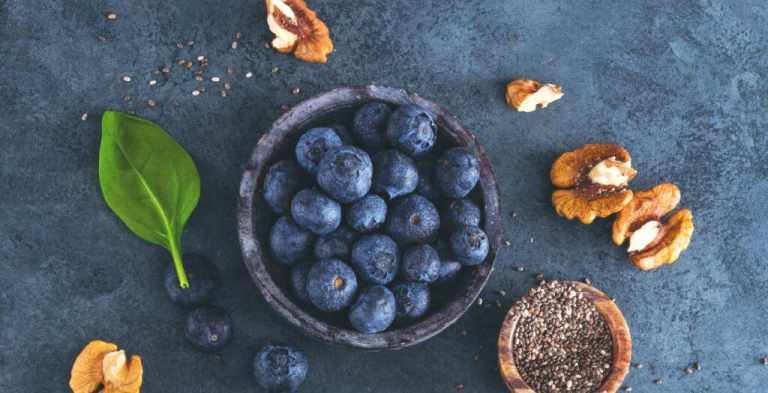
Ever wondered the reason why we gain weight? Or why do we have an inability to lose weight with inflammation? It’s because your body isn’t getting the right micro-nutrients. That is needs in order to reduce that inflammation. But don’t worry there are a number of things you can do. To reduce inflammation and to prevent it in the first place what you can do is:
- Avoid fried foods. Use little amount of oil for cooking.
- Try to get better sleep. 6-8 hours daily.
- Drink a lot of water. To help remove the toxin that may cause inflammation.
- You can stay physically active
What else you can do? You can include as many of the following anti-inflammatory foods into your diet. Consume them on a regular basis. This will help reduce inflammation. So let’s get started.
Fatty Fish as Anti Inflammatory Foods
Seafood contains a number of nutrients that are beneficial in reducing inflammation. Eating fish on regular basis can reduce your risk of developing arthritis. Fatty fish like tuna, mackerel and salmon are the best ones for fighting inflammation. They contain omega-3 fatty acids such as EPA and DHA, which have anti-inflammatory properties.

Raw Unsalted Nuts
Nuts, especially raw and unsalted nuts are high in healthy fats. And at the same time lower in unhealthy fats. Especially almonds, walnuts and peanuts are really good for you. Because they help to reduce inflammation in the body. And they help to improve your immune system. Consuming a handful of nuts every day can help prevent your chances of developing inflammatory diseases and are good for overall well being.

Berries
Strawberries reduce inflammatory markers that are linked to heart disease. Inflammatory markers indicate the presence of inflammation in the body. Blueberries contain a compound that has been shown to reduce inflammation. So add fresh or frozen berries to your diet they are a fun way to achieve optimal health.
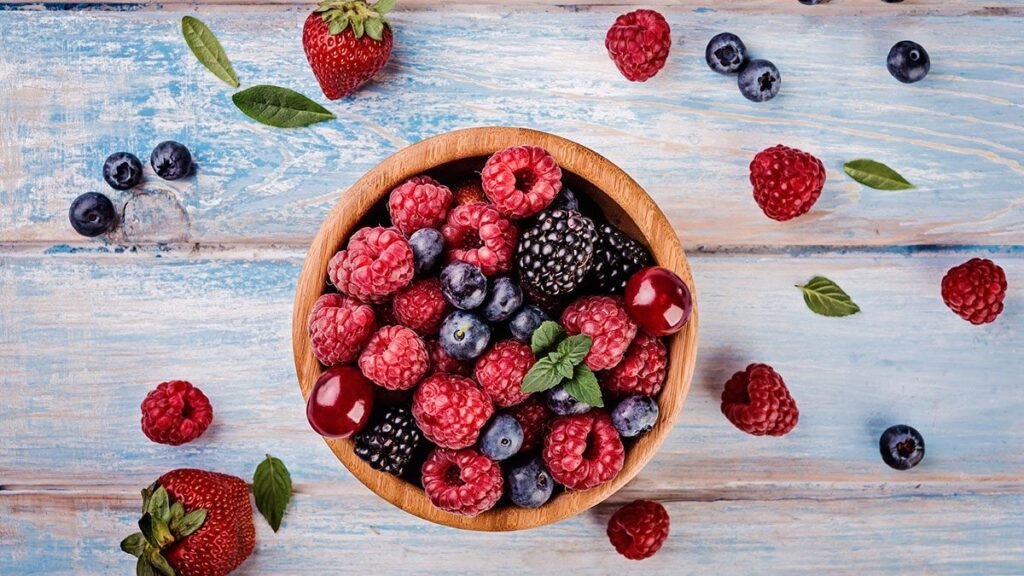
Leafy Greens
Leafy green veggies like spinach and kale and chard are also really good for inflammation. They contain a lot of micro-nutrients that help to reduce inflammation.
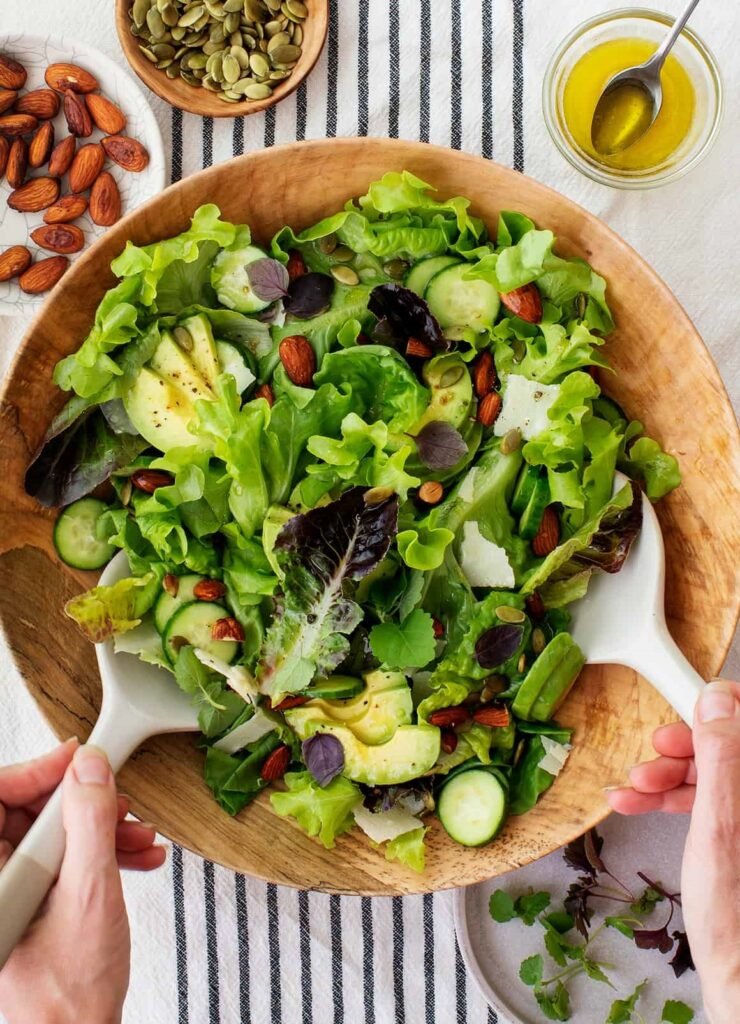
Tomatoes
Tomatoes are another one. So a lot of people get concerned about the acidic levels of tomatoes. But they do contain chemical lycopene. Which fights inflammation. They’re also very high in vitamin C. Which is a really good anti-inflammatory vitamin.

Turmeric
Turmeric is a spice that you can add to your diet. It has anti-inflammatory properties. It contains an anti-inflammatory nutrient. Which helps reduce inflammation and pain associated with it.
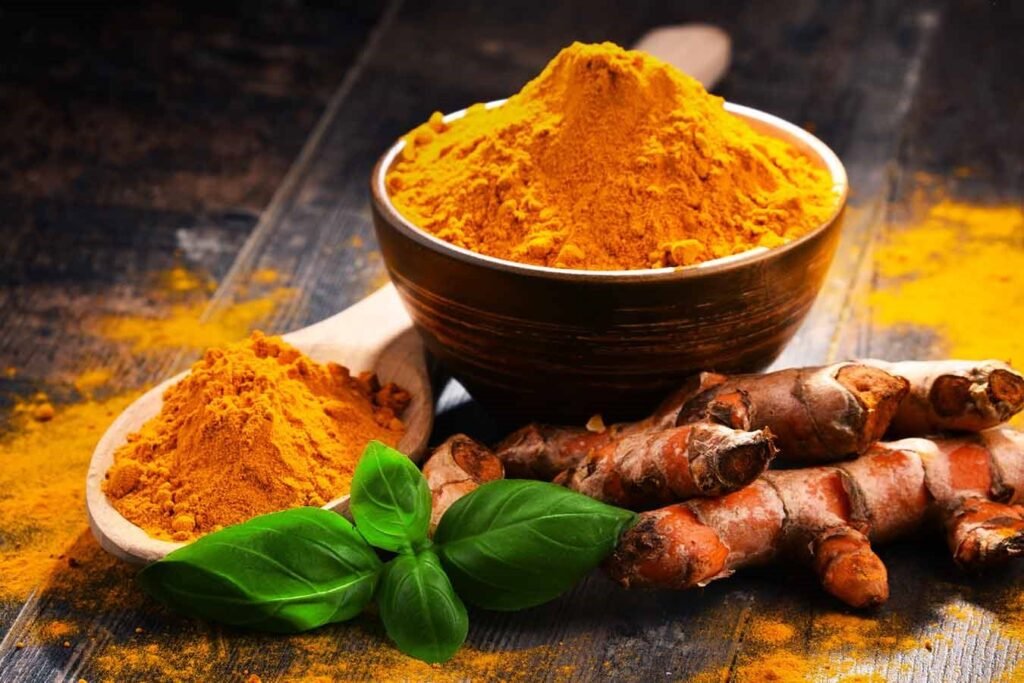
Extra Virgin Olive Oil
Extra virgin olive oil is one of the best anti-inflammatory foods. It is not only tasty and really helpful for cooking. But it also contains polyphenols. Which actually helps to prevent inflammatory compounds from being released into the body. And it contains omega-3 fatty acids which decrease inflammation. Try adding olive oil to your salad dressings.
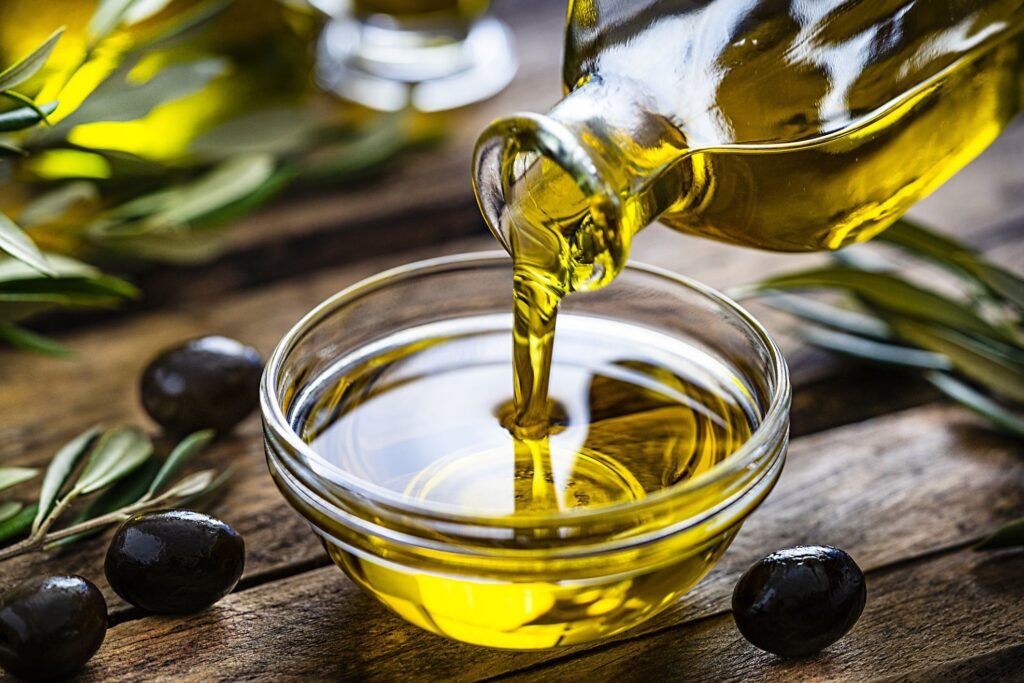
Cherries
Cherries especially tart cherries are helpful for fighting inflammation. Tart cherries are a little bit redder and not as much of the dark maroon colour. And they also contain a lot of valuable nutrients and vitamins. that are good for improving your overall health.

Dark Chocolate
Yes, dark chocolate is very good for you. It contains flavonols, it contains antioxidants. It is just super delicious to have in general. Just be sure to look for dark chocolate that is 70 cacao percentage or higher.

Grapes
Grapes are anti-inflammatory foods as they contain resveratrol. Which have been linked to reducing blood pressure and cholesterol. Along with that the anthocyanins in grapes also reduce inflammation.
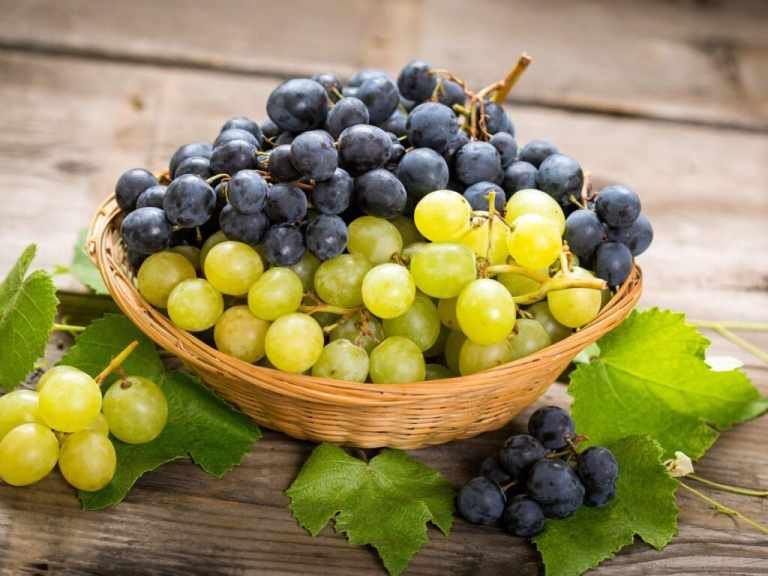
Peppers
Peppers both spicy and bell peppers have vitamin C and a ton of antioxidants. That help to decrease inflammation in the body.
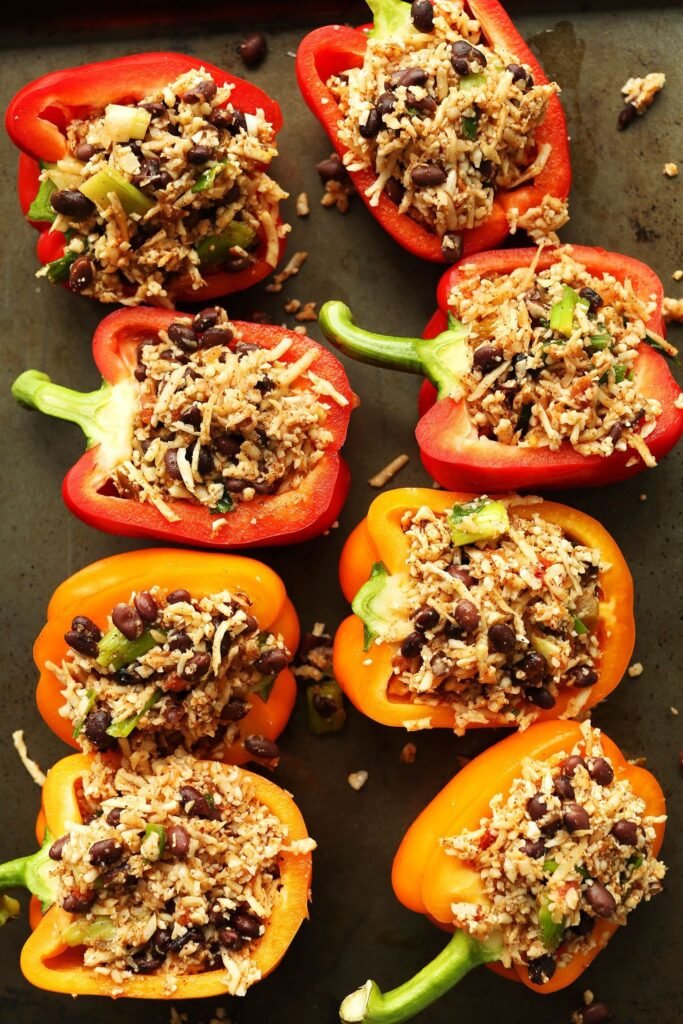
Mushrooms
Mushrooms also have anti-inflammatory effects. They are rich in vitamins and minerals. But a lot of people actually enjoy them raw instead of cooked. Because it’s thought that cooking actually decreases their inflammatory properties.
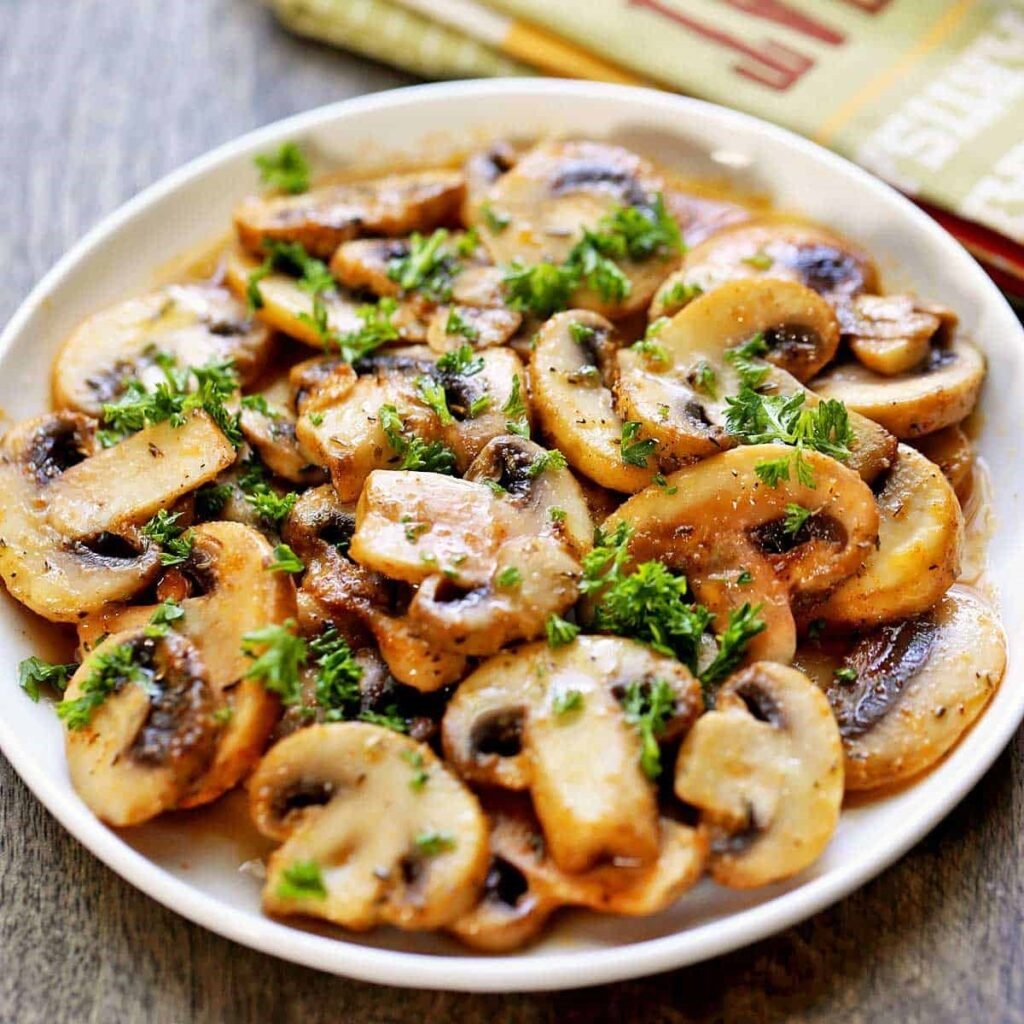
Broccoli
Broccoli is a tasty cruciferous vegetable that does decrease inflammation. But along with broccoli, foods like brussels sprouts and cauliflower also reduce inflammation. Yes, they might cause a little bit of additional bloating. Due to having a high fibre content. But that doesn’t mean that it’s not helping to reduce overall inflammation.
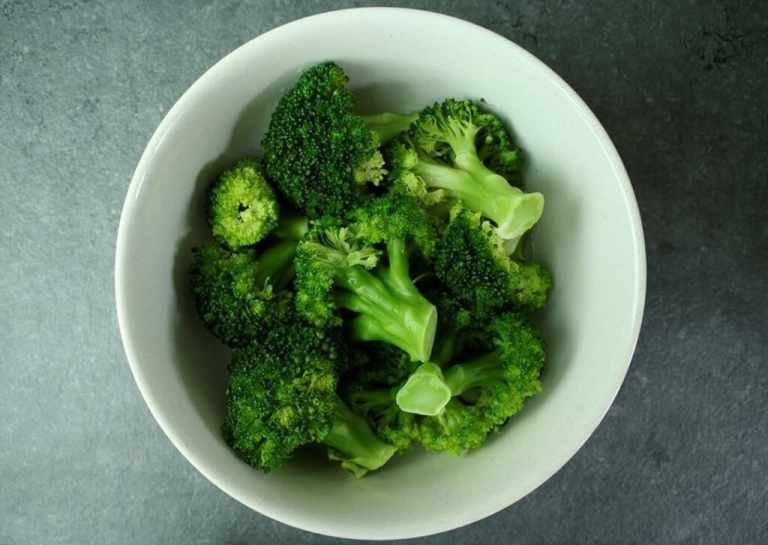
Avocado
So, we all know avocados are super tasty. They have a ton of healthy fats and omega-3 fatty acids. But they also help to reduce inflammation. Because avocados rock.
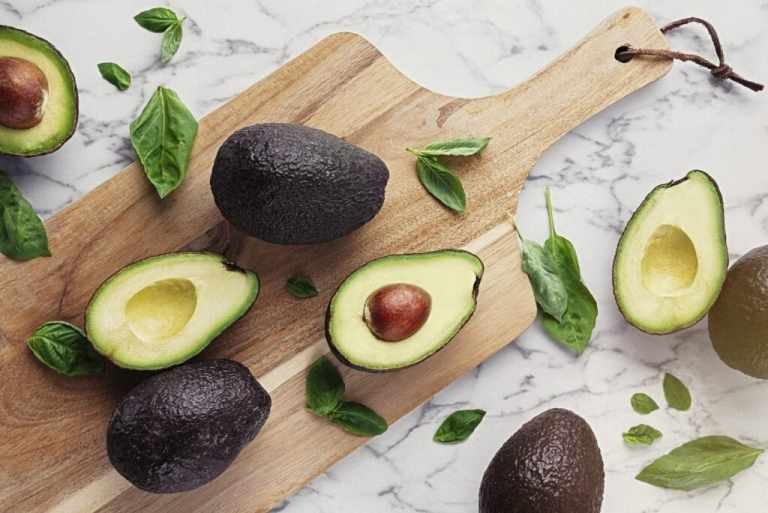
Green Tea
Not only will a cup or two of green tea a day help reduce your risk for cancer and Alzheimer’s. It’ll also help improve the number of antioxidants you’re getting in that day. And it has very valuable anti-inflammatory properties

Flax Seeds
Flax seeds are powerful food as well for inflammation. The alpha-linolenic and omega-3 fatty acids contained in flax seeds all have anti-inflammatory properties. You can top them on your yoghurt bowls. Add them into a smoothie. Or top them on some covered toast and it’s just so tasty.
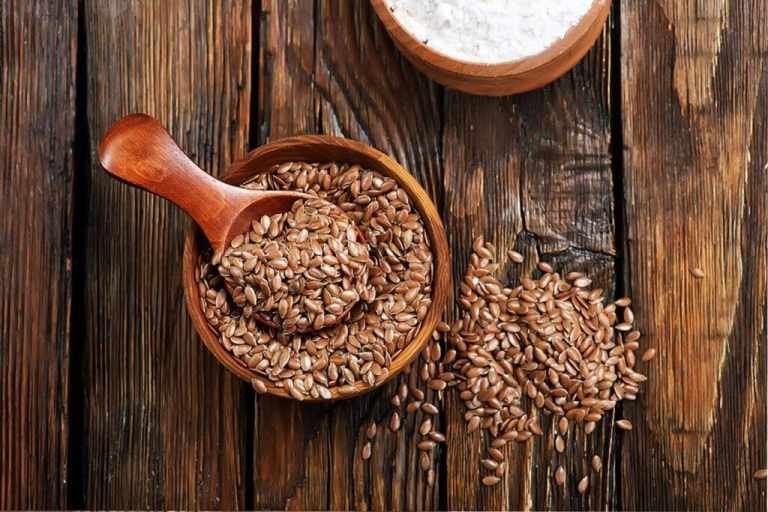
Garlic
Garlic is actually thought to help reduce a lot of inflammation. Especially inflammation in joints. Garlic has also been shown to help protect against cell damage. And it lowers blood pressure as well.
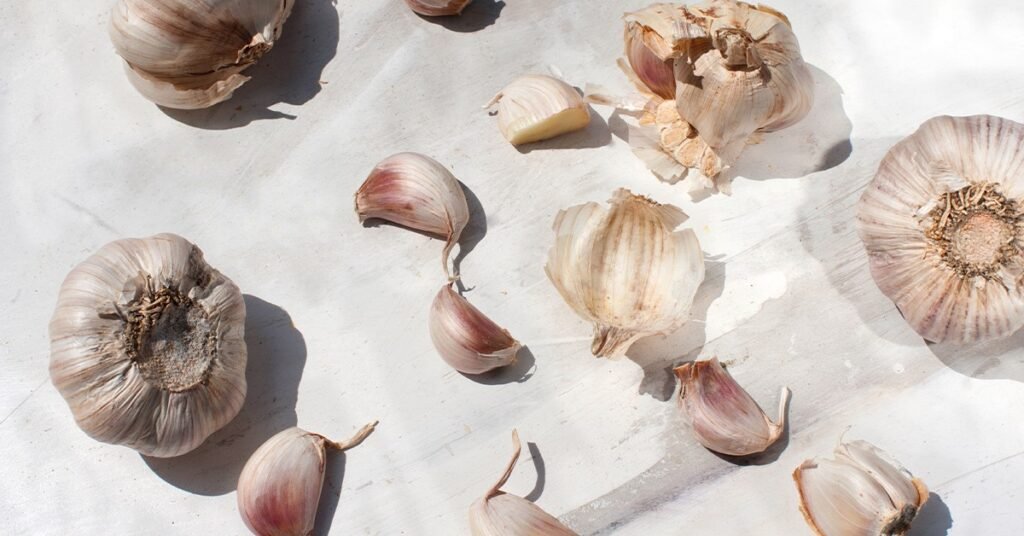
Beans
Beans are a great anti-inflammatory food. Because they’re high in fibre. And that helps to remove any toxins out of your digestive system. Just like with cruciferous vegetables like broccoli a lot of people feel like beans cause bloating. But what it’s actually doing is helping to relieve the inflammation. You just have to kind of let it go through your digestive system and settle out.

The post 18 Anti Inflammatory Foods in Mediterranean Diet first appeared on Food Life Book.
The post 18 Anti Inflammatory Foods in Mediterranean Diet appeared first on Food Life Book.

